Ranked! The 100 best football managers of all time
The 100 best football managers of all time, ever: it's time to honour the best tacticians, tinkermen and master motivators in the history of the game. Buckle up...
60. Tomislav Ivic
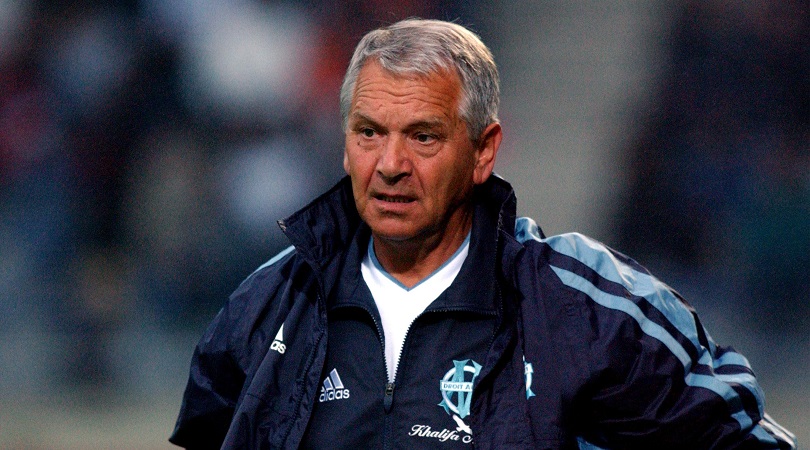
Jose Mourinho and Carlo Ancelotti have both won the league in four different countries – and so has Ivic, who Mourinho once described as “the greatest coach of them all”.
His first successes came with hometown club Hajduk Split, who won three Yugoslav titles and three Yugoslav Cups under his guidance. In between his first two spells there, Ivic led Ajax to Eredivisie glory in 1977.
He repeated the trick in Belgium with Anderlecht and Portugal with Porto, while he also won cup competitions in Spain (Atletico Madrid) and Saudi Arabia (Al-Ittihad).
59. Vittorio Pozzo
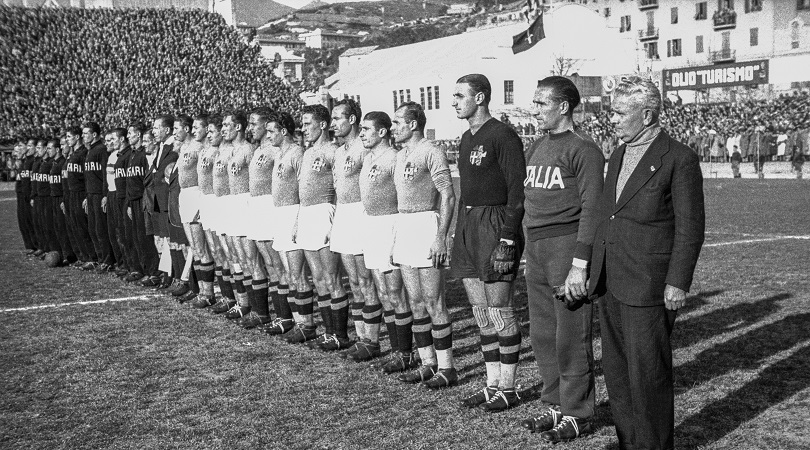
The only gaffer to successfully defend a World Cup, Italy’s pioneering Pozzo – a prodigious 400m runner who later studied in England and became pals with Manchester United star Charlie Roberts – also led his nation to gold at the 1936 Olympics.
‘The Old Master’ wanted orderly defences, and his teams were notorious for their win-at-all-costs attitudes; one game against England became known as the ‘Battle of Highbury’. But win they did, with Jules Rimet trophies in both 1934 and 1938.
58. Luis Carniglia
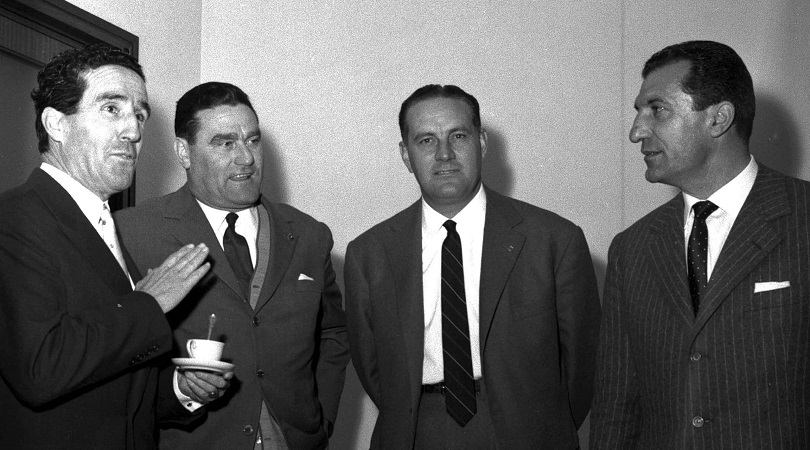
Carniglia (right above) was Real Madrid’s first ego-settling coach: an Argentine who expected graft and collective spirit from his galacticos.
He pushed Ferenc Puskas into a renaissance period of his career and wasn’t afraid to drop the Hungarian for the 1959 European Cup Final – which cost him his job, despite Real’s 2-0 win over Reims.
Get FourFourTwo Newsletter
The best features, fun and footballing quizzes, straight to your inbox every week.
Carniglia – a Ligue 1 champion at Nice in 1956 before lifting the Fairs Cup at Roma – had also guided los Blancos to European glory in 1958.
57. Frank Rijkaard
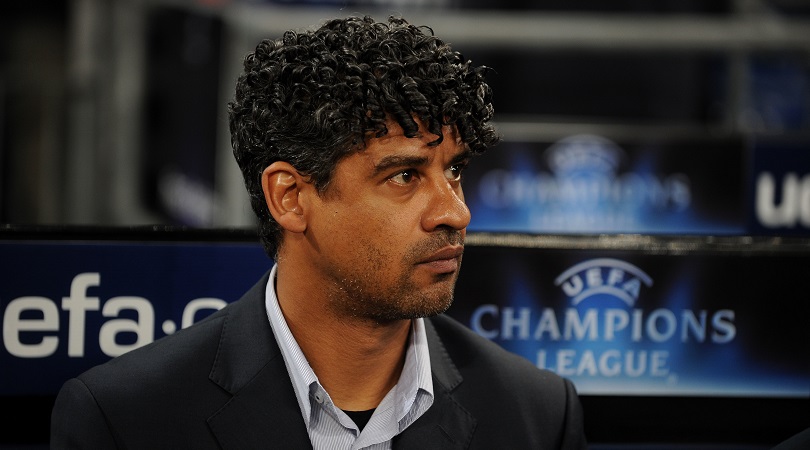
Rijkaard was a strange appointment for Barcelona in 2003 – his only past club gig ended with Sparta Rotterdam’s relegation from the Eredivisie. Barça had finished sixth, fourth and fourth in the three campaigns preceding his arrival and needed a reboot.
It didn’t take long: by 2005, Rijkaard had made them champions again. A year later, they went one better and won their first European Cup since 1992, built around the talents of Ronaldinho and Samuel Eto’o.
“He always said that he wanted to give joy through football,” Andres Iniesta told FFT.
56. Don Revie
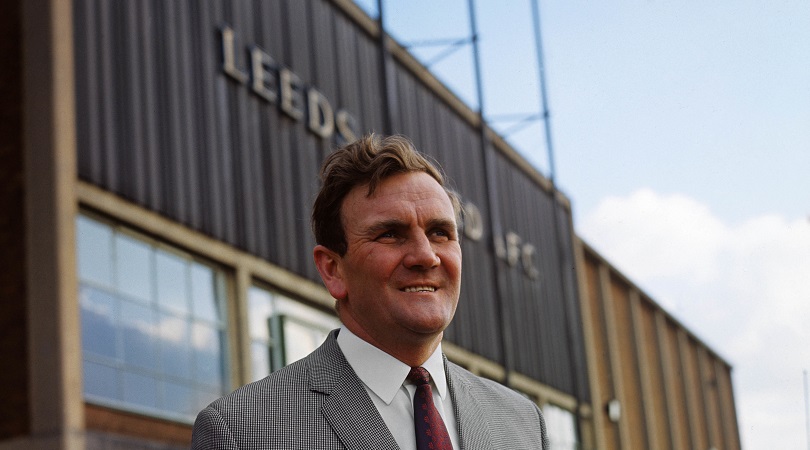
Often painted as the villain in his long-running feud with Brian Clough, Revie was an innovative, intelligent and meticulous manager who made Leeds the best team in England.
Armed with their coach’s detailed dossiers, Revie’s Leeds won two league titles, an FA Cup and a League Cup – and were unfortunate not to lift the Cup Winners’ Cup after a controversial refereeing display worked against them in the 1973 final with Milan.
Revie failed to reach Euro 76 with England and left the job ignominiously after negotiating a deal to take charge of the United Arab Emirates, but he remains a legend in Leeds.
55. Carlos Alberto Parreira
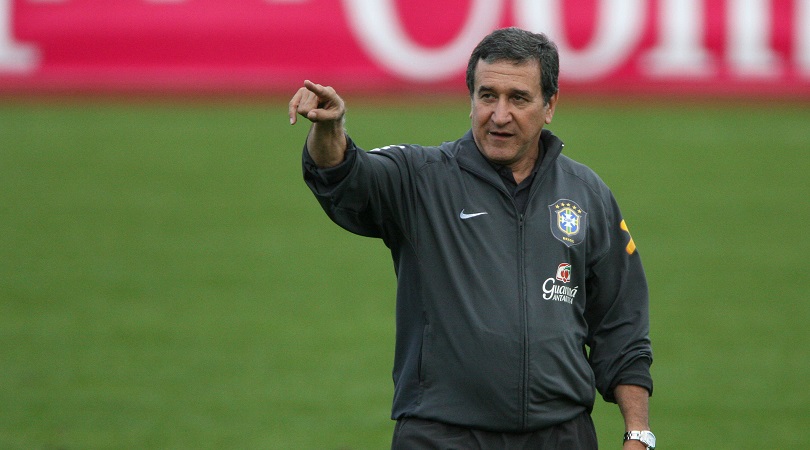
Getting the management bug as a coach watching Brazil’s Pele-powered 1970 generation crowned world champions first-hand is a good place to start.
Since then, no boss has been to more World Cups than Parreira, who steered the Selecao to USA 94 glory via shootout success against Italy.
He has taken a joint-high five nations to the finals – including 2010 hosts South Africa and the rather less adoring Saudi Arabia, who sacked him, er, two matches into France 98.
54. Willie Maley
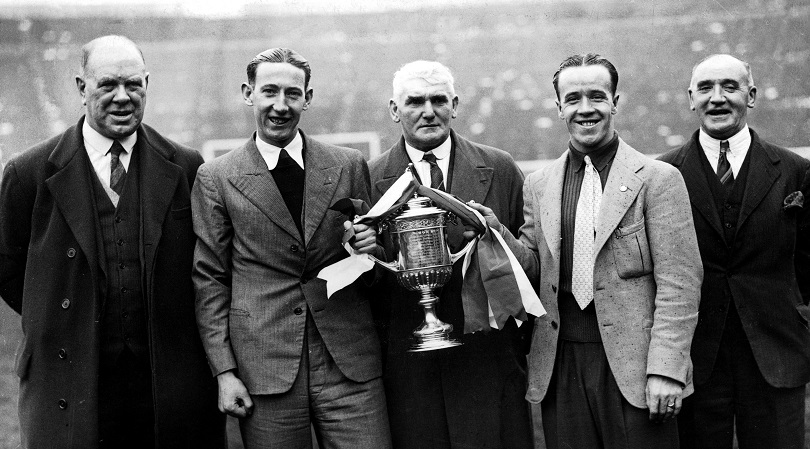
“This club has been my life – without it my existence would be empty,” Maley (left above) once said of Celtic, the team he managed for a ludicrous 43 years between 1897 and 1940.
An unorthodox boss, he didn’t watch training, sit in the dugout during matches nor even speak to his players on the day of games, allowing them to learn their positions from the newspaper.
He had an excellent eye for local talent, though, and his youthful Bhoys teams claimed 16 league titles and 14 Scottish Cups.
53. Franz Beckenbauer
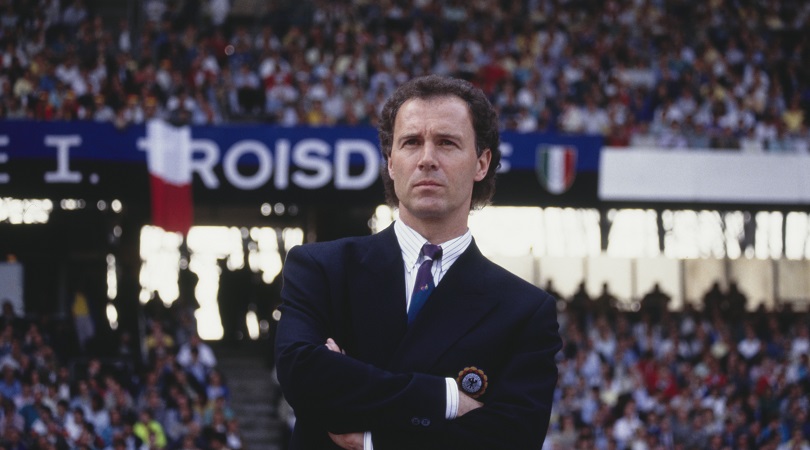
The two-time Ballon d’Or winner guided West Germany to consecutive World Cup finals in 1986 and ’90; defeated in Mexico City by a mercurial Diego Maradona, only to avenge that loss with a 1-0 victory over Argentina in Rome.
He had a spell at Marseille in 1991, then took Bayern Munich to Bundesliga and UEFA Cup success by 1996.
“He used his personality,” ex-Germany captain Lothar Matthaus told FFT. “Football is not only about physicality – it’s about psychology, too.”
52. Sven-Goran Eriksson
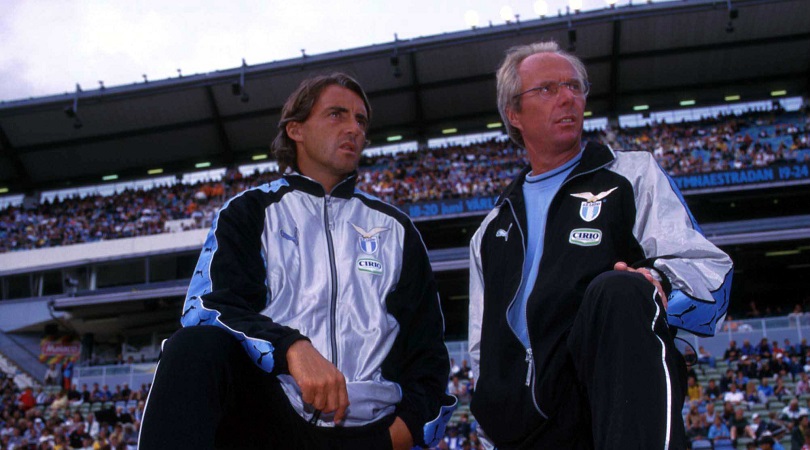
Few coaches have told Alex Ferguson to ‘F**k off’ and lived to tell the tale. As England manager, however, the level-headed Swede frequently butted heads with the Scot.
While Eriksson couldn’t prevail as gaffer of the Three Lions’ golden gang, he’d fared far better in club management before – as five titles and a UEFA Cup across Italy, Portugal and Sweden attested.
His 1999/2000 Serie A triumph at Lazio was particularly notable, as the Biancocelesti celebrated a first championship since 1974.
51. Jimmy Hogan
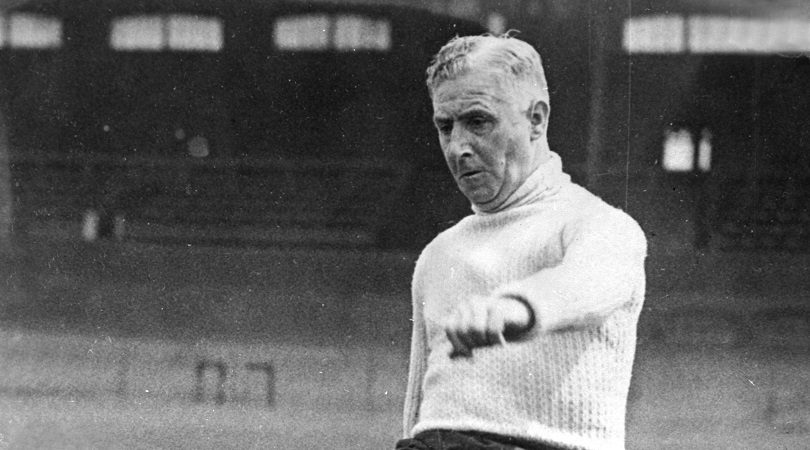
English coaches don’t have the best reputation across Europe today, but that wasn’t always the case. In fact, when Hungary famously demolished the Three Lions 6-3 in 1953, victorious coach Gusztav Sebes said his nation owed everything to Hogan.
An itinerant pioneer, Hogan worked with great success in Austria, Hungary, Switzerland and Germany, and also had spells in the Netherlands and France.
He won five league titles with MTK in Hungary, but the Lancastrian’s real success was his sizeable contribution to the development of the game across mainland Europe.
Current page: The 100 best football managers of all time: 60-51
Prev Page The 100 best football managers of all time: 70-61 Next Page The 100 best football managers of all time: 50-41
Chris joined FourFourTwo in 2015 and has reported from 20 countries, in places as varied as Jerusalem and the Arctic Circle. He's interviewed Pele, Zlatan and Santa Claus (it's a long story), as well as covering the World Cup, Euro 2020 and the Clasico. He previously spent 10 years as a newspaper journalist, and completed the 92 in 2017.
- Mark WhiteContent Editor
- James AndrewEditor
- Ed McCambridgeStaff Writer
- Andrew Murray
- Joe Brewin
